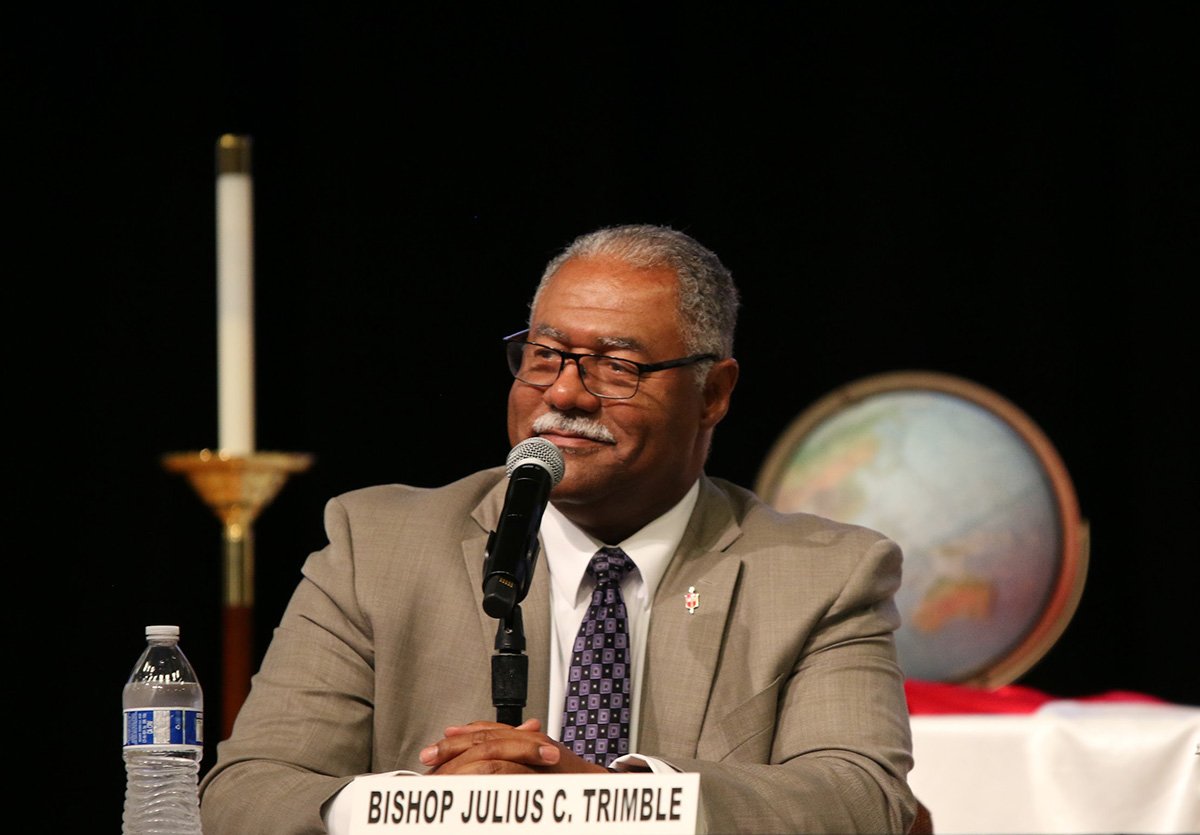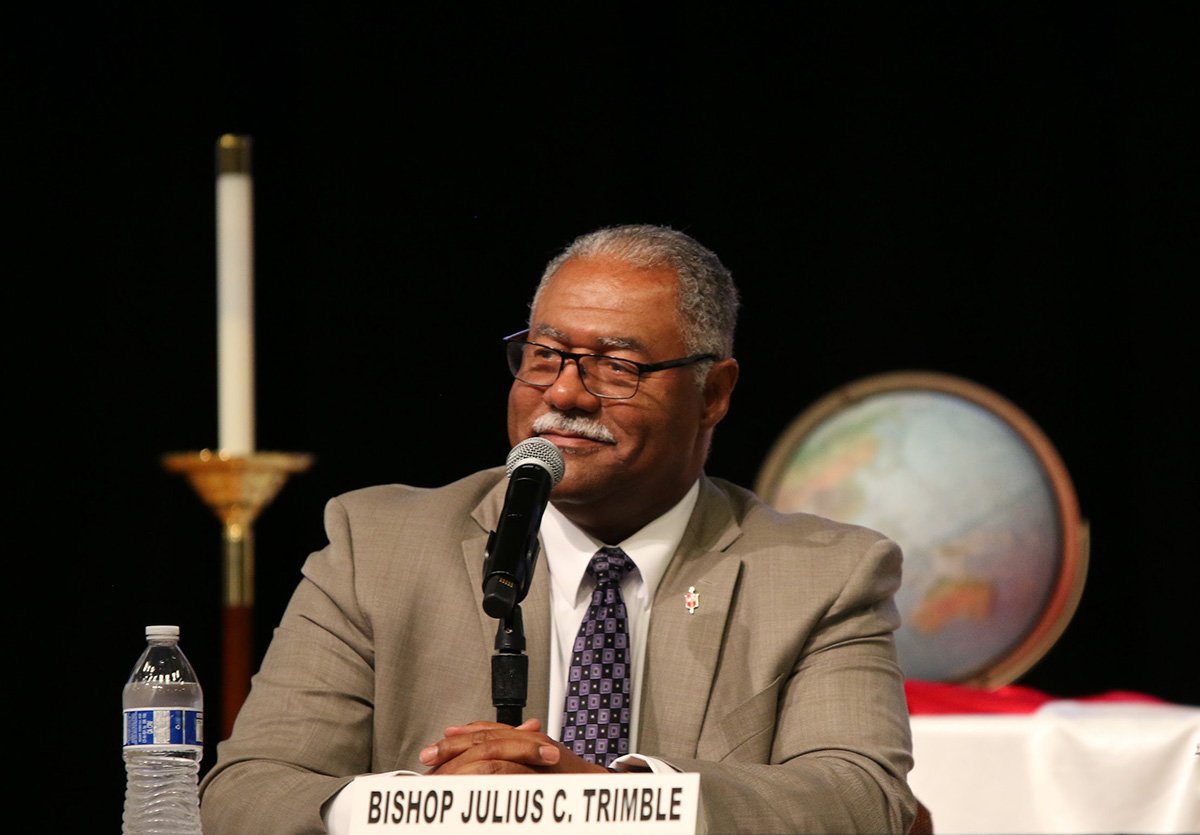“Don’t Ask Me To Preach If…” with Bishop Julius C. Trimble

“Don’t Ask Me To Preach If…” with Bishop Julius C. Trimble
On this episode of the To Be Encouraged podcast, co-host Rev. Dr. Brad Miller welcomes Bishop Julius C. Trimble for a spirited and thought-provoking conversation built around the theme, “Don’t Ask Me To Preach If…” Drawing from a recent article written by Bishop Trimble and their shared experience in ministry, the pair dive deep into the heart of Gospel preaching, Christian responsibility, and what it means to boldly speak truth in difficult times.
Here are three key takeaways from this compelling episode:
1. Preaching Must Include the Fullness of God’s Love
Rev. Dr. Brad Miller prompts Bishop Julius C. Trimble to explain what he means by his provocative article title. Bishop Julius C. Trimble insists that he cannot, and will not, preach unless he’s allowed to proclaim that “God loves the whole world”—not just a select group of people. Through stories like the Good Samaritan, Zacchaeus, and Jesus healing the marginalized, Bishop Trimble illustrates the boundless, all-inclusive love taught throughout the Bible. For him, silencing discussions about God’s radical hospitality and the breaking down of cultural, gender, and ethnic barriers is not an option. Preachers are encouraged not to hit the “mute button” when it comes to declaring the immeasurable scope of God’s grace and love.
2. The Pulpit is No Place for Avoiding Hard Truths—Even When They’re Political
A significant portion of the discussion centers on whether pastors should stay away from “political” topics in their sermons. Bishop Julius C. Trimble is unequivocal: issues like government shutdowns, the firing of federal workers, and injustices faced by immigrants are absolutely the business of the church. He reminds listeners that the heart of the Gospel is "Good News to the poor," and if the church ignores the real-life suffering of those around them—including due to societal and policy failures—it is missing its calling. As Bishop Trimble boldly states, “Don’t ask me to preach if you expect me to paint the Scriptures with a water-based theology of soft commandments that are merely suggestions.” Preaching, he argues, must be relevant and prophetic, even if it leads to discomfort or accusations of "wokeism."
3. Faithful Preaching Requires Courage, Love, and Community Conversation
In his most encouraging words, Bishop Julius C. Trimble calls on preachers to “wrap your preaching in prayer and in love” and stay true to their calling. He advocates for congregations to create space for open dialogue following sermons, so tough topics are not just proclaimed, but also processed in community. Bishop Trimble’s vision of the “Kin-dom of God”—a term highlighting our shared spiritual kinship—calls Christians to love boldly, serve joyfully, and lead courageously. The United Methodist Church’s social principles, with their focus on justice, equity, and standing up for the marginalized, are offered as a moral compass in trying times.
Final Thoughts:
This episode is a rallying cry for those who preach and those who listen: the message of Christ demands that we address the real issues facing our communities with love and courage. Silence is not an option when lives are at stake and God’s love is for all. For more on these themes, don’t miss the article discussed in the episode at umcjustice.org.
If you’re a preacher, congregant, or simply someone seeking hope in discouraging times, this conversation will both challenge and encourage you to live—and love—boldly.





